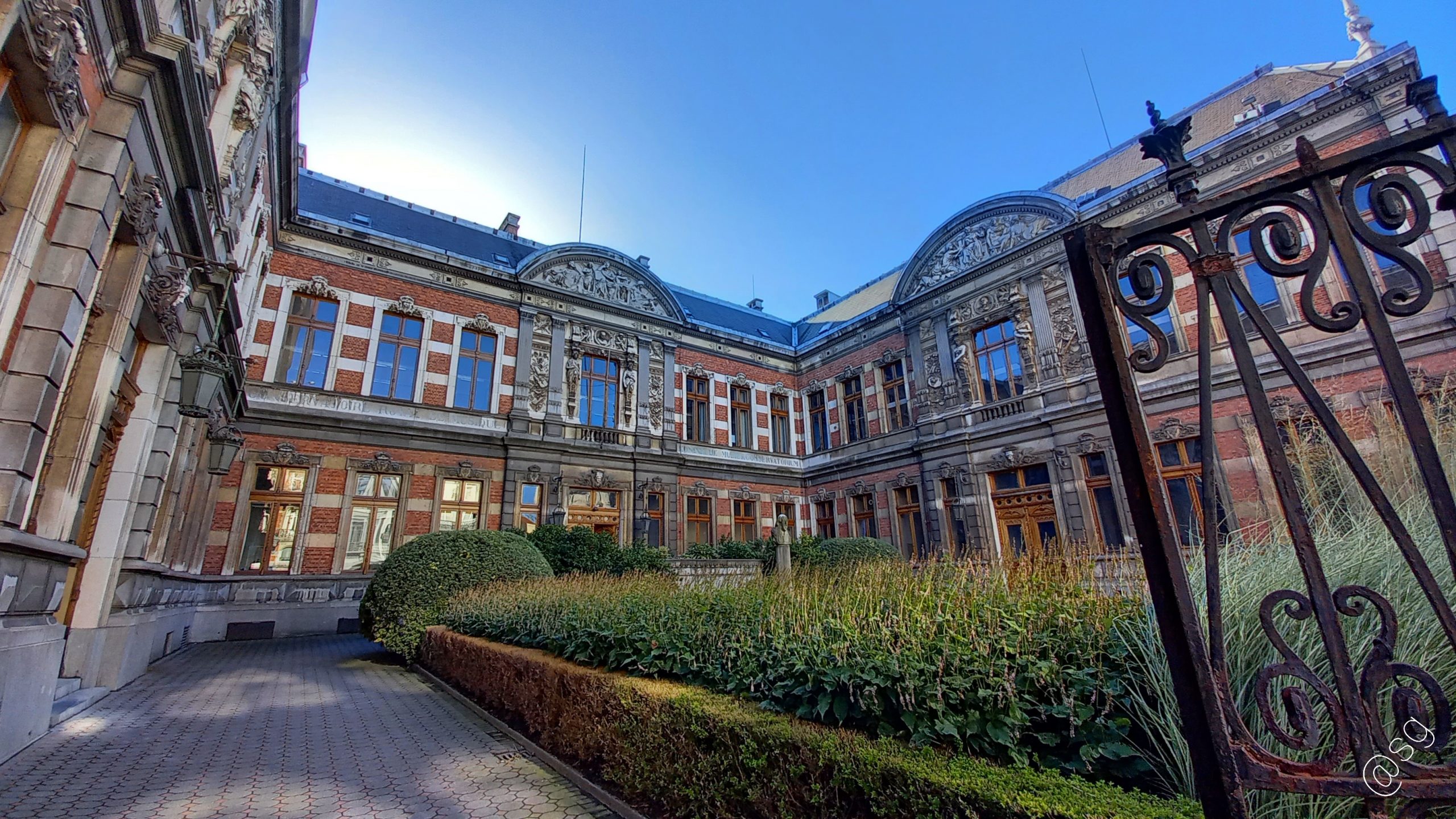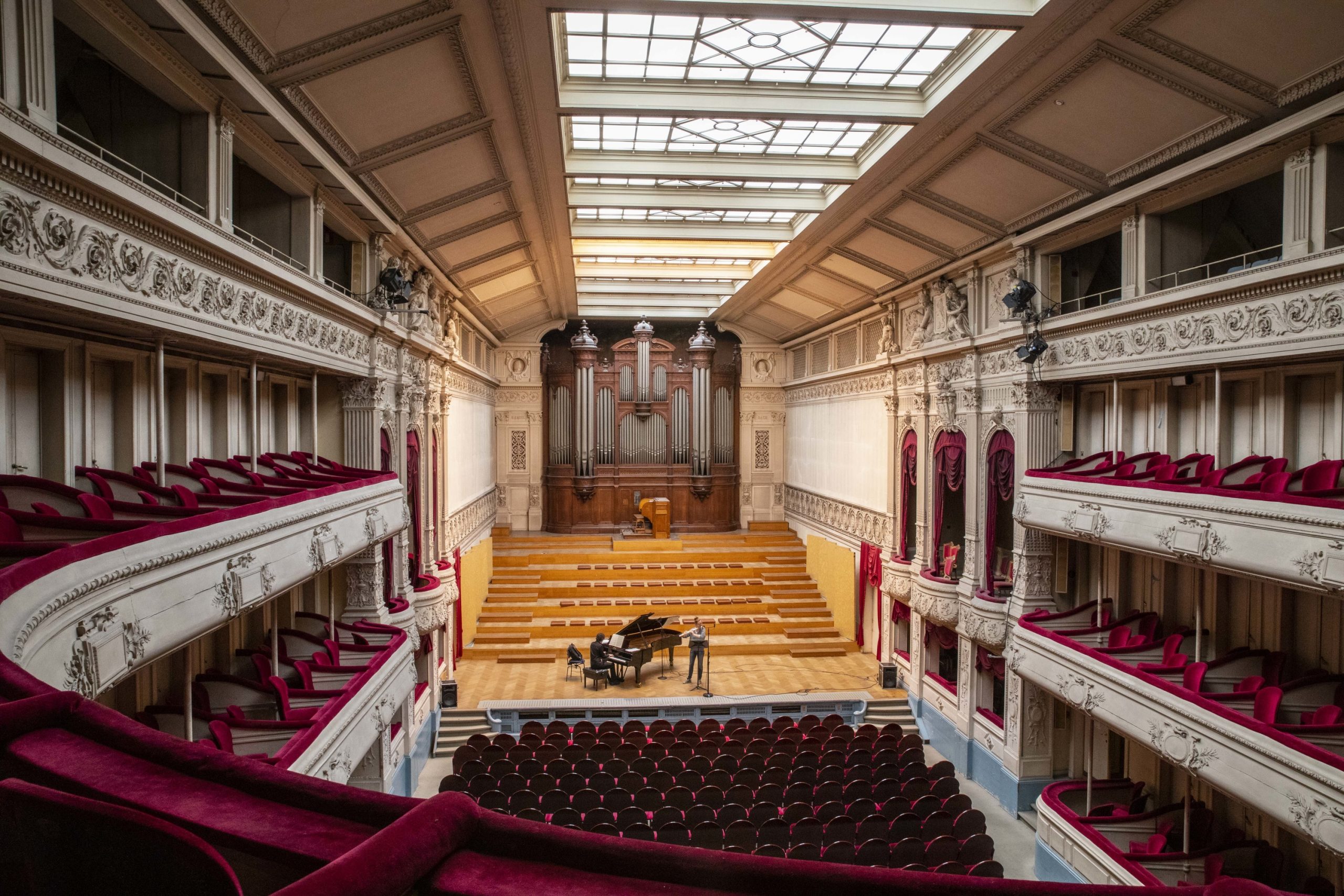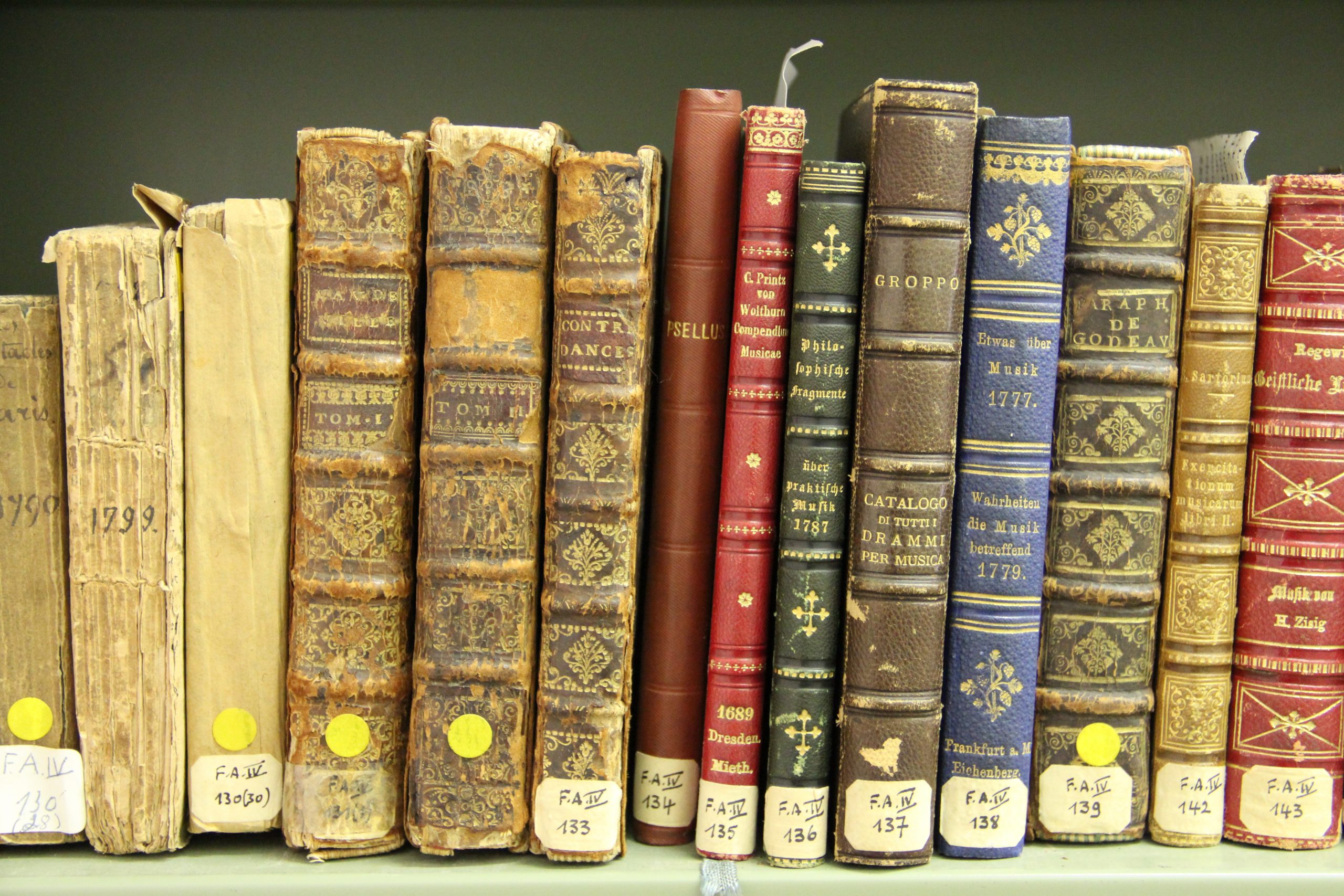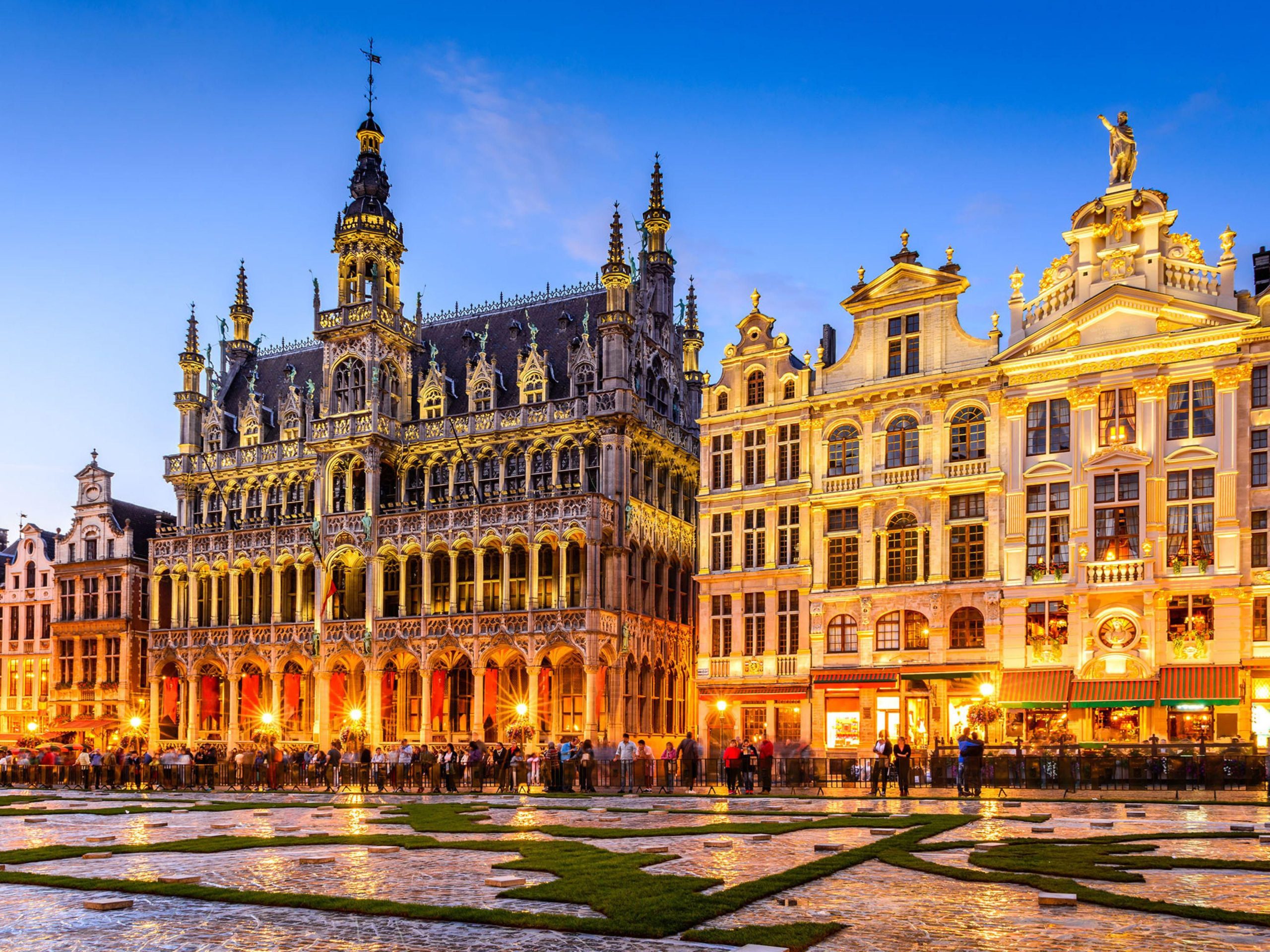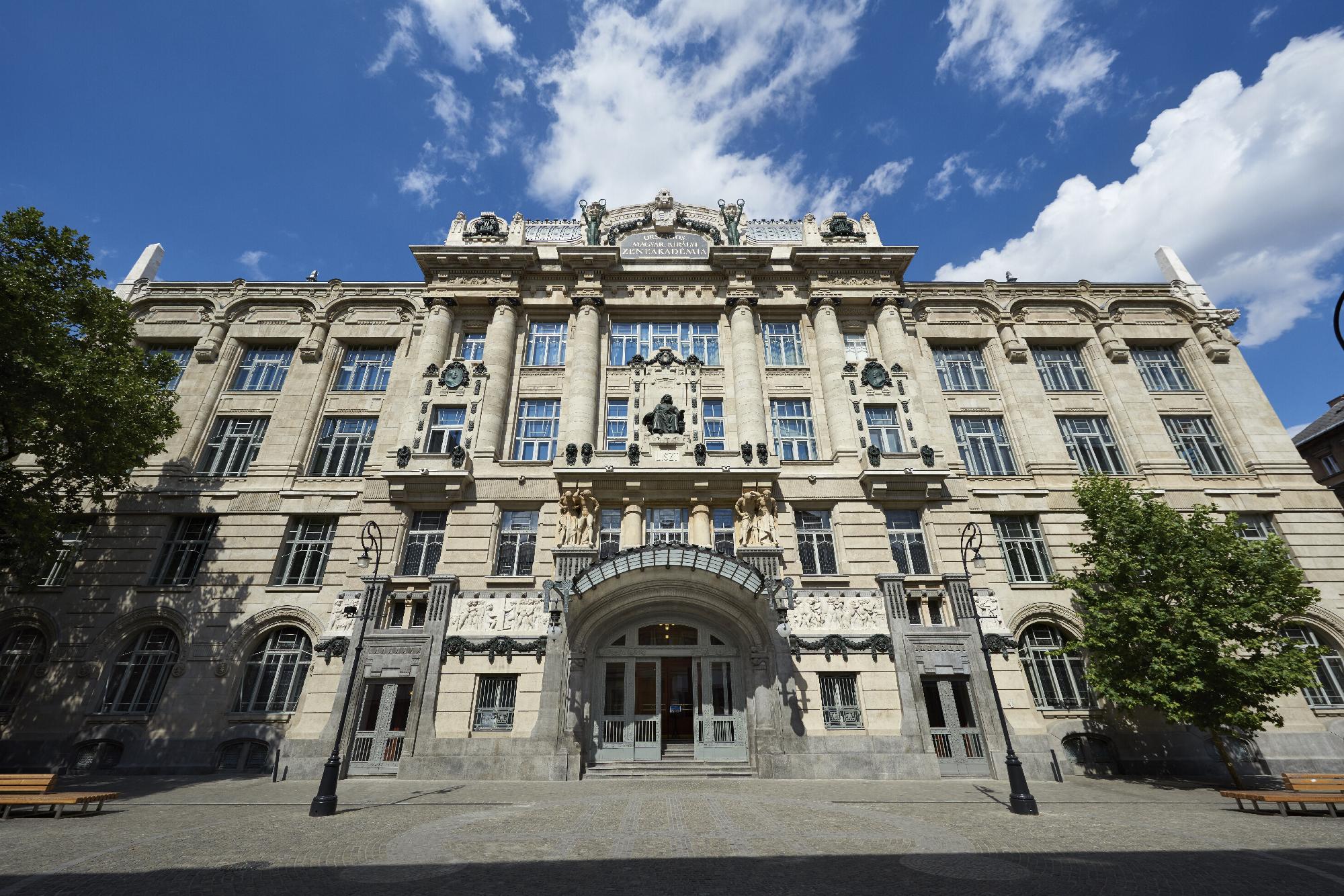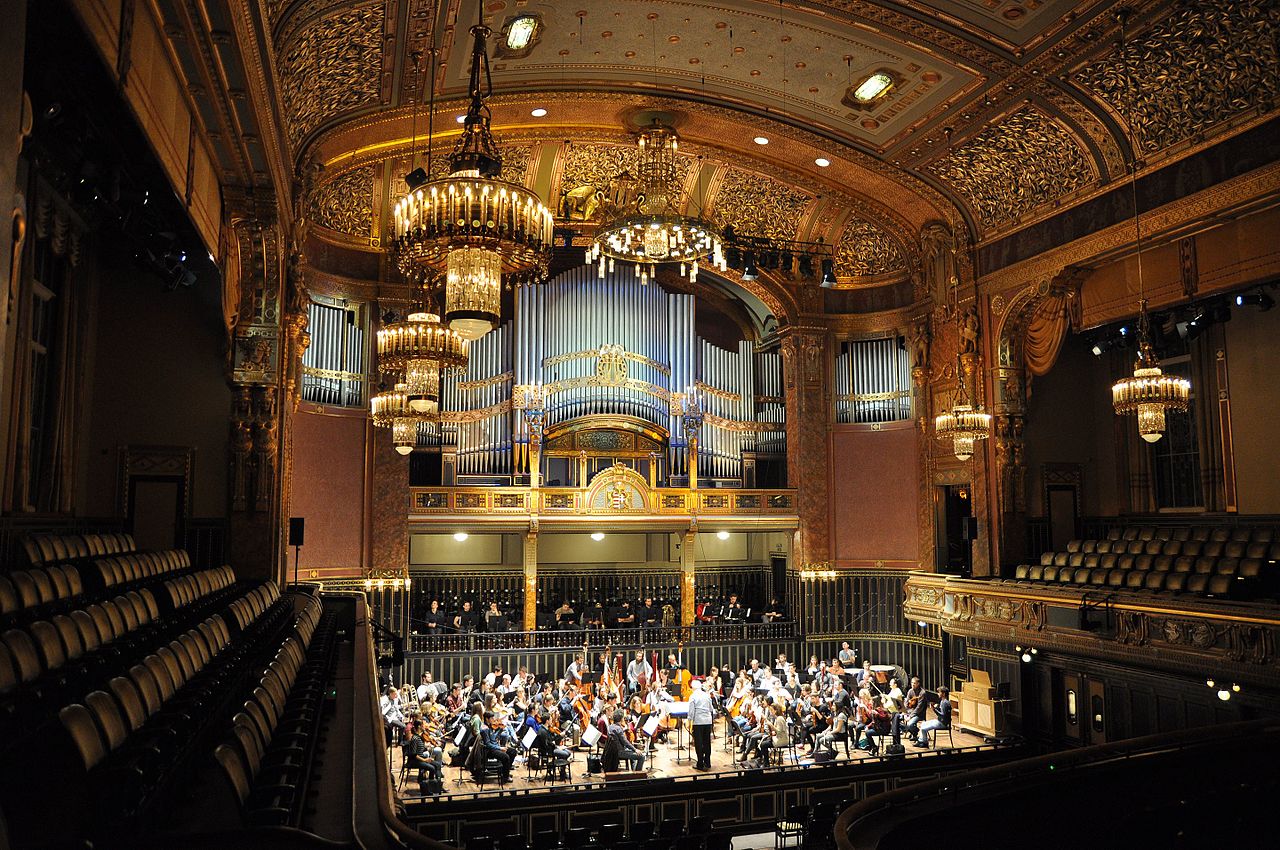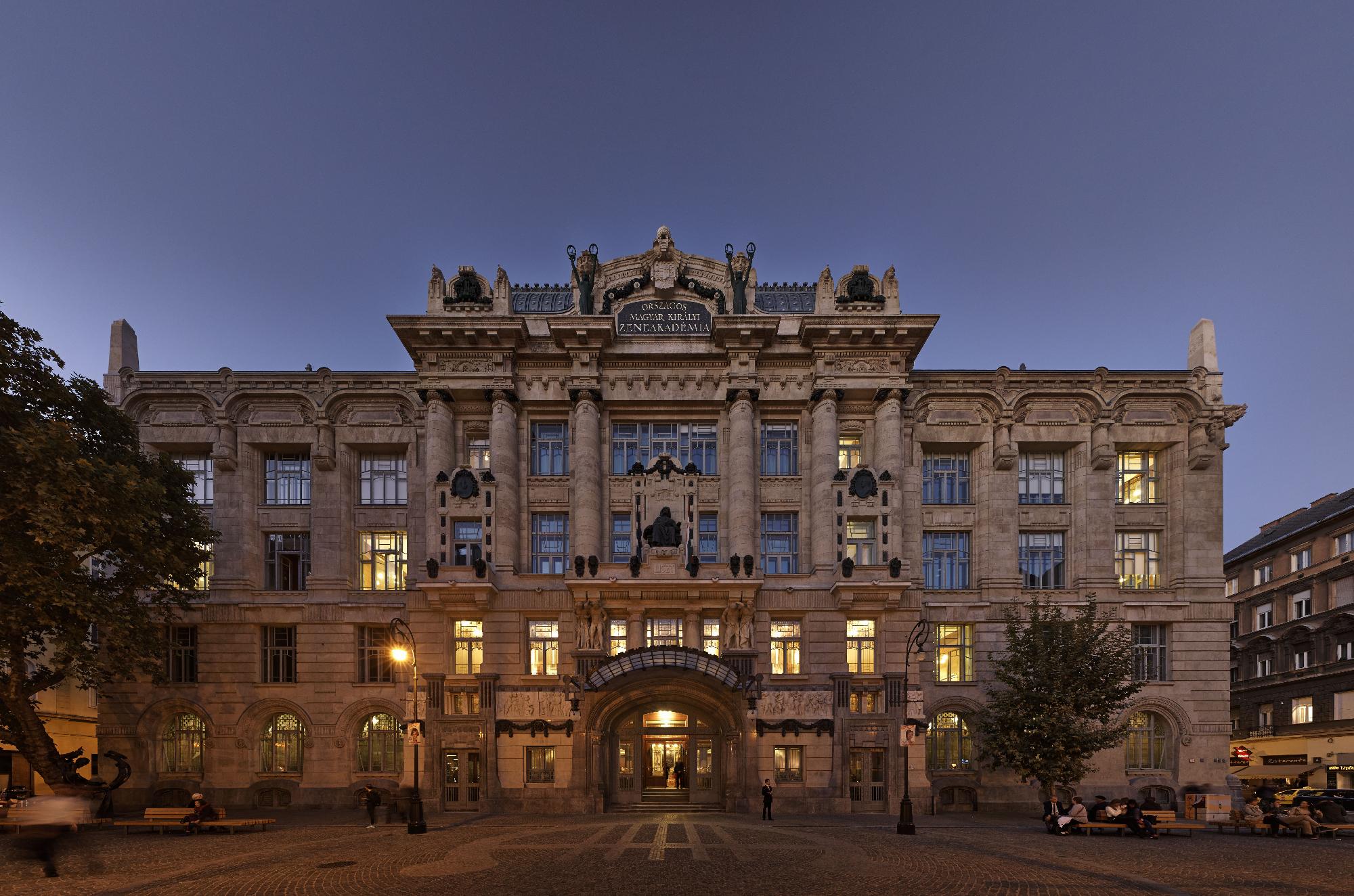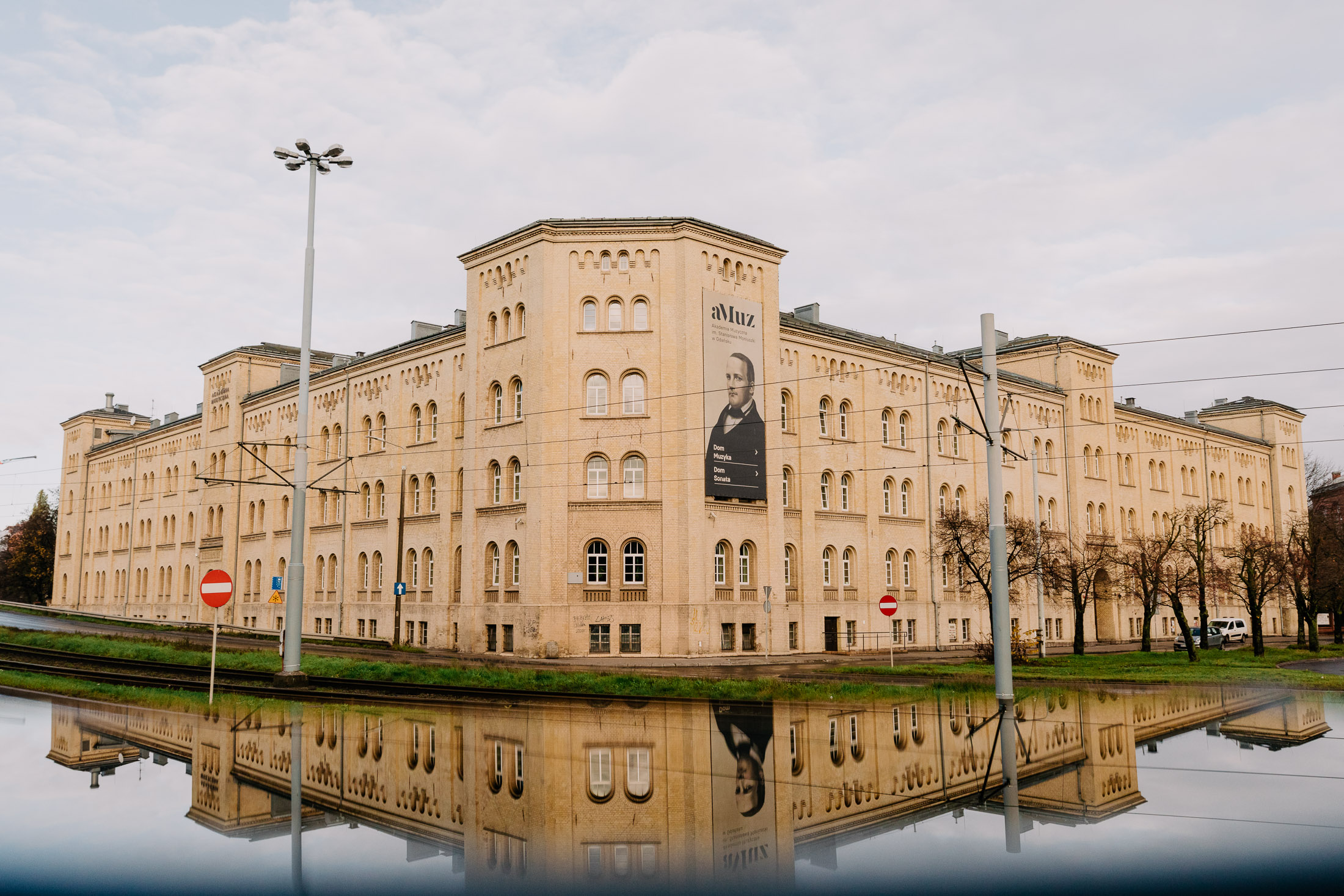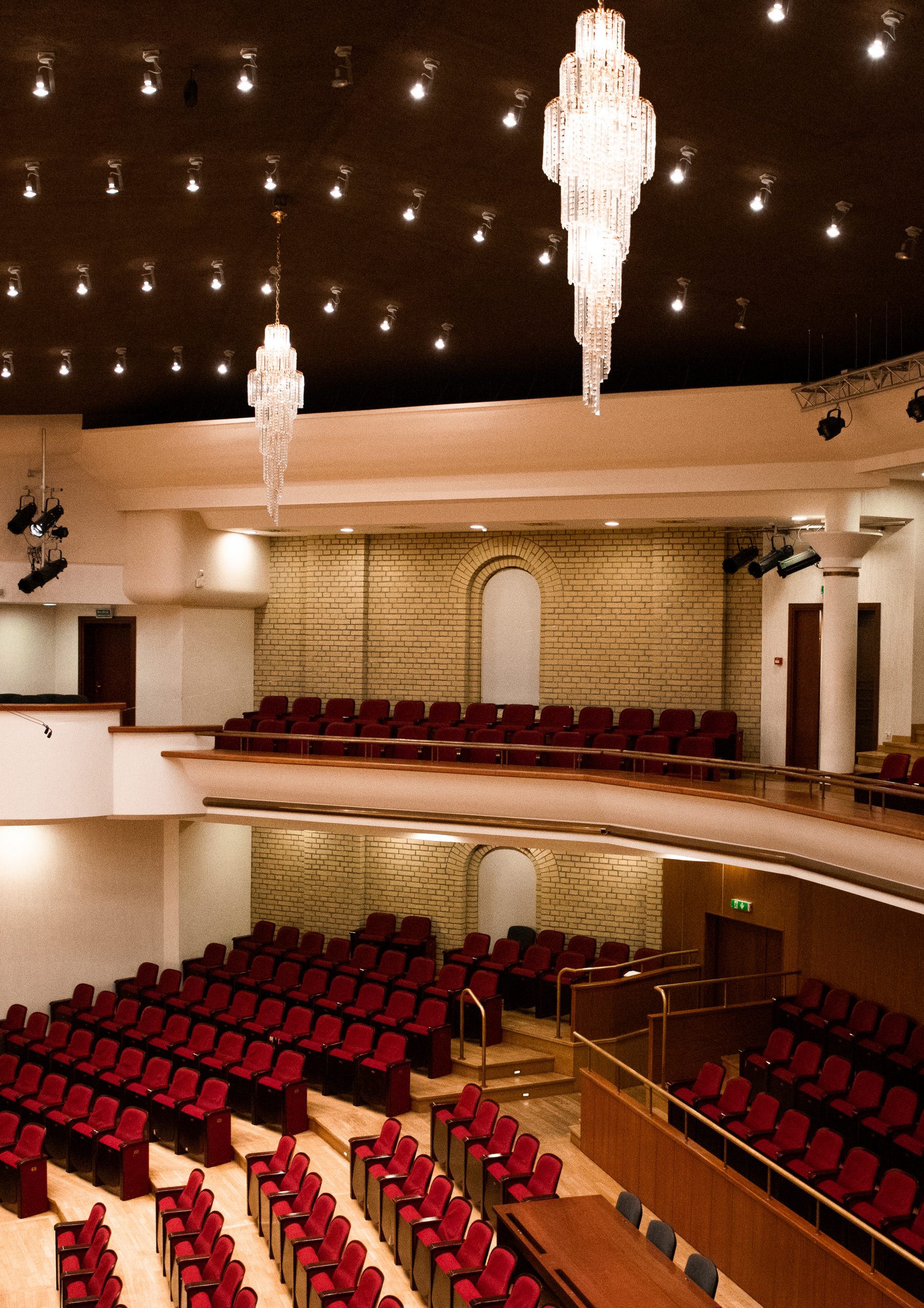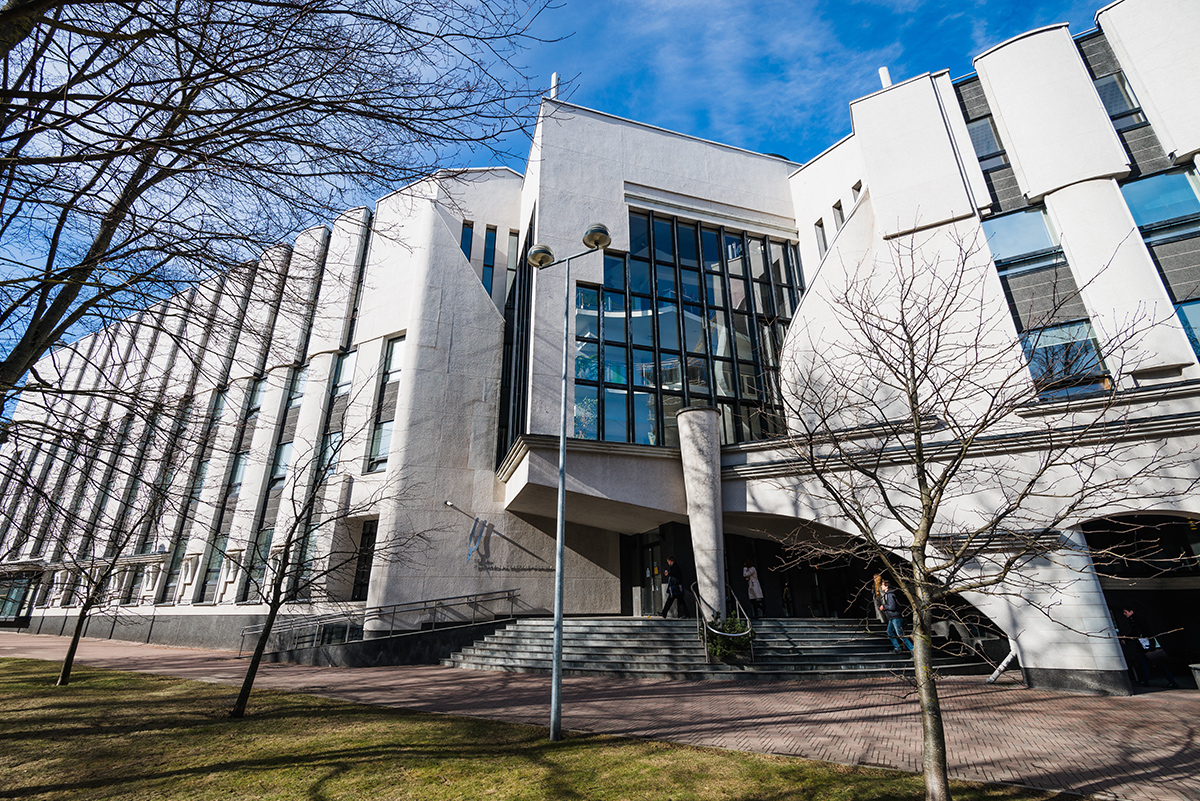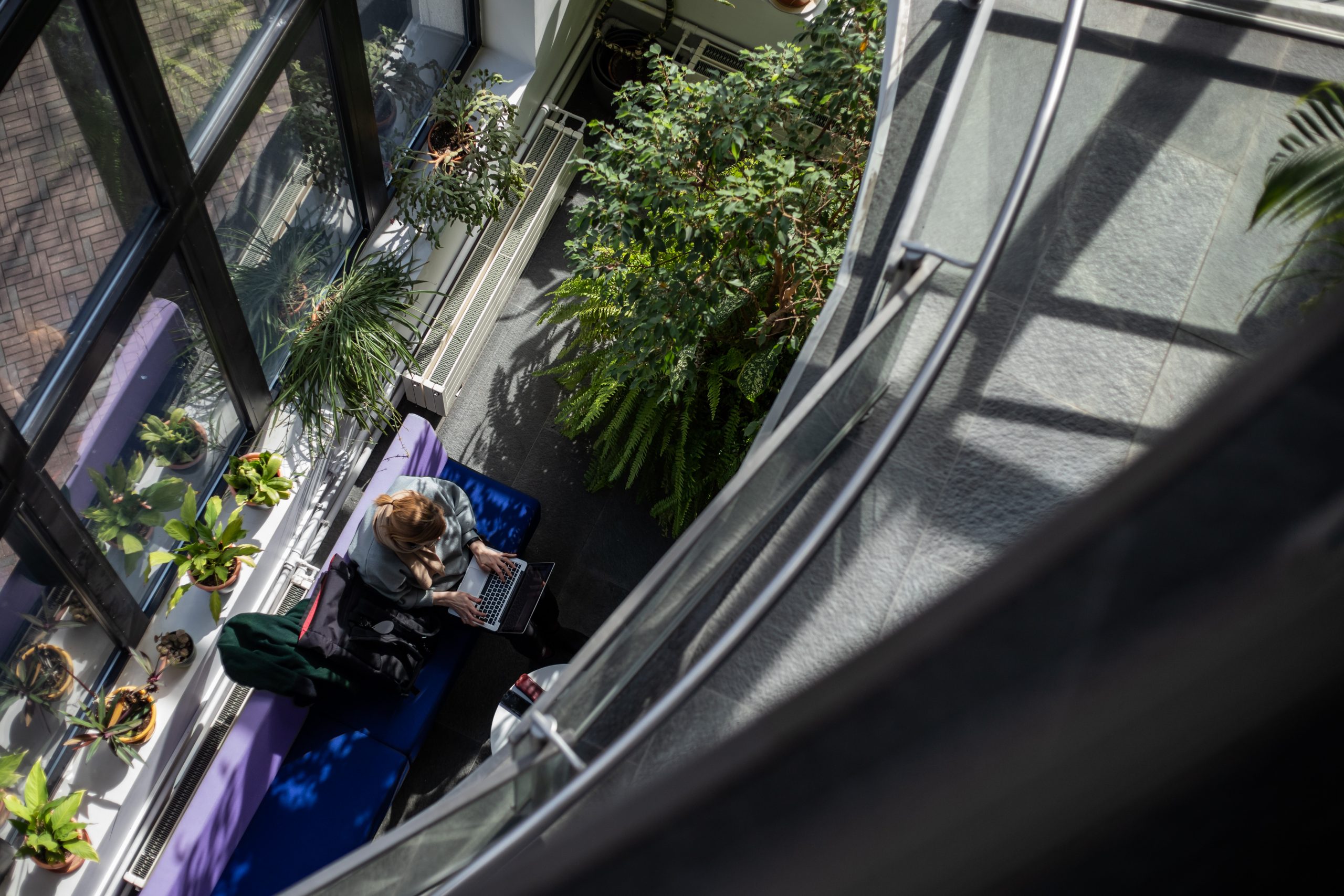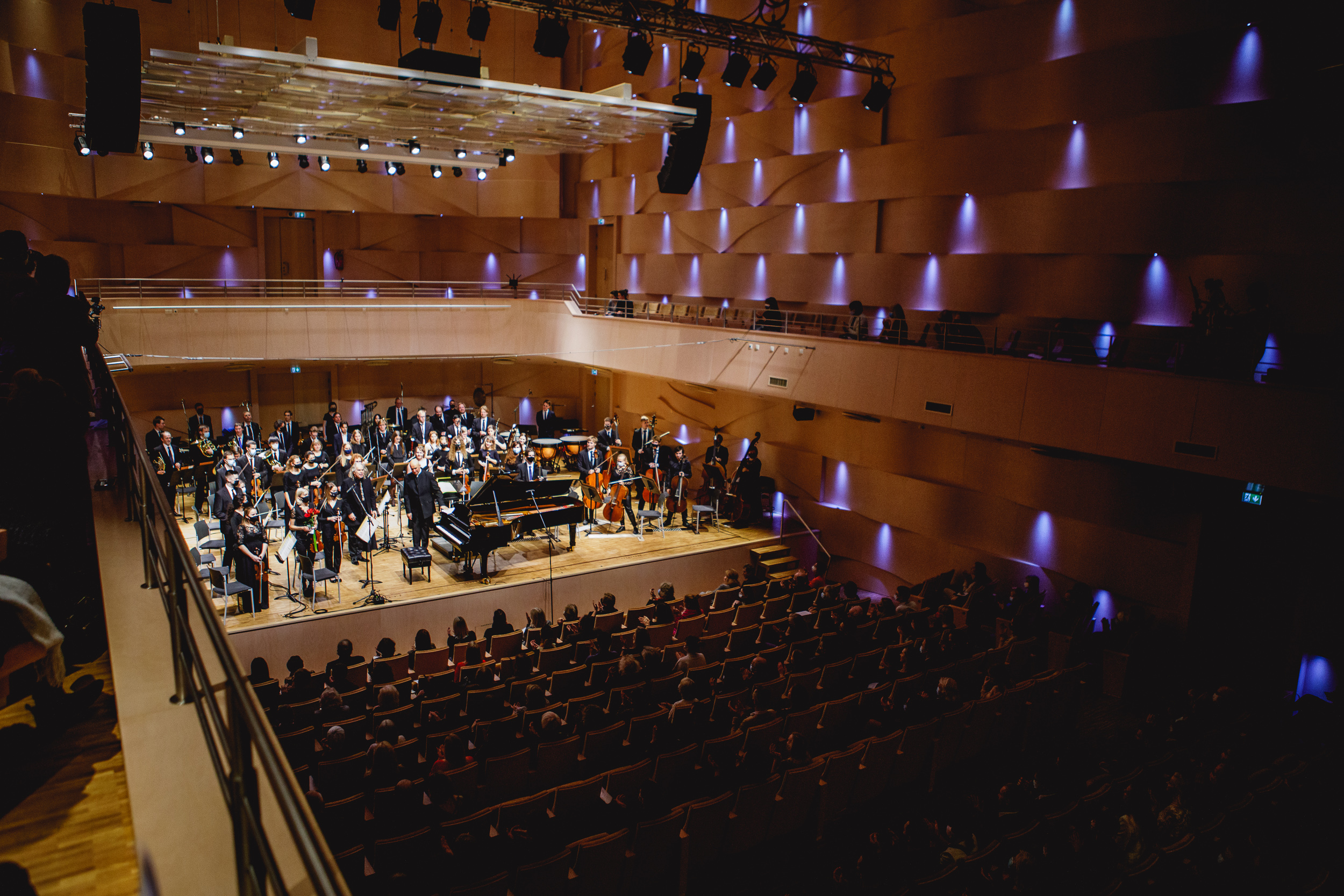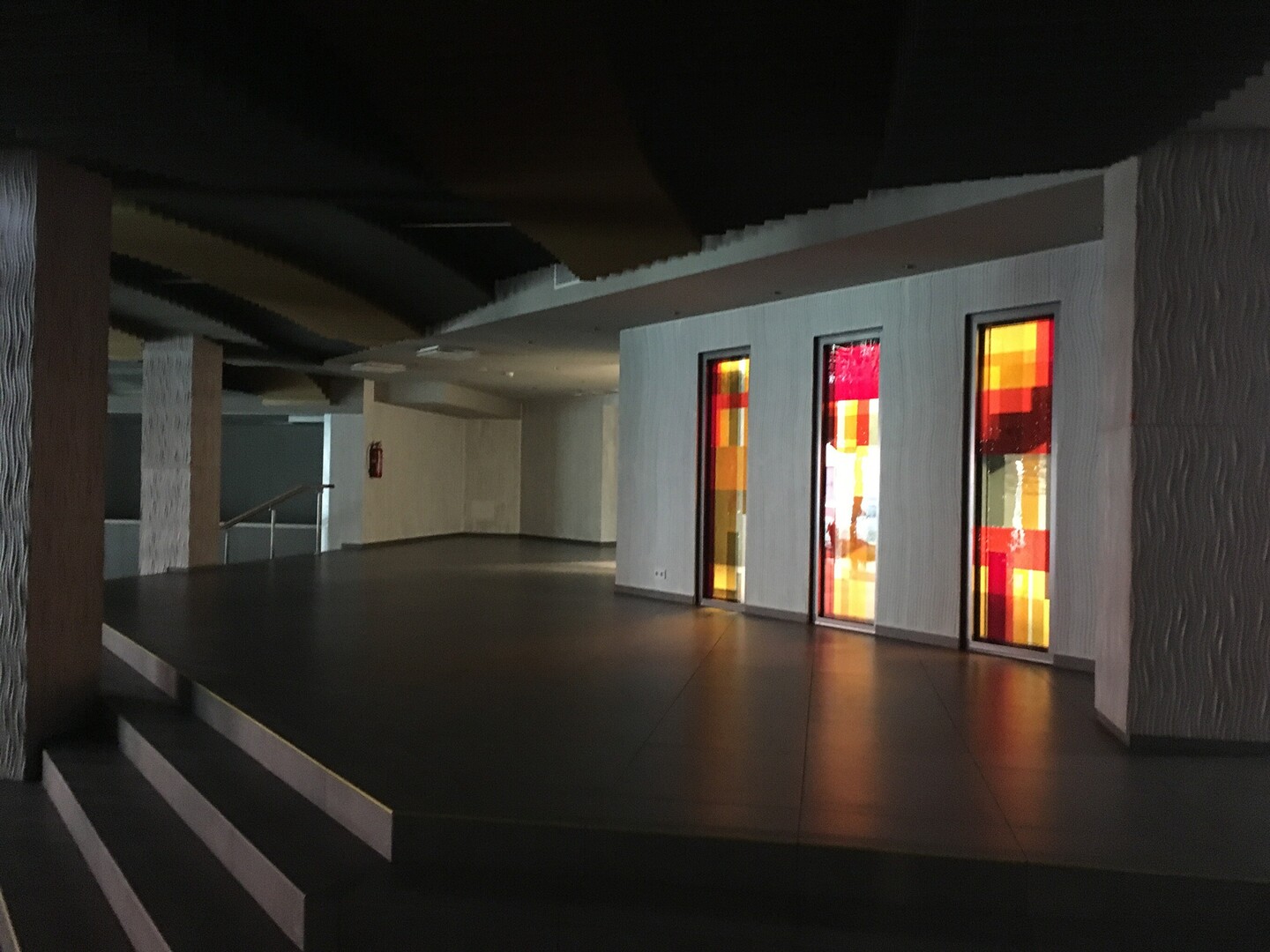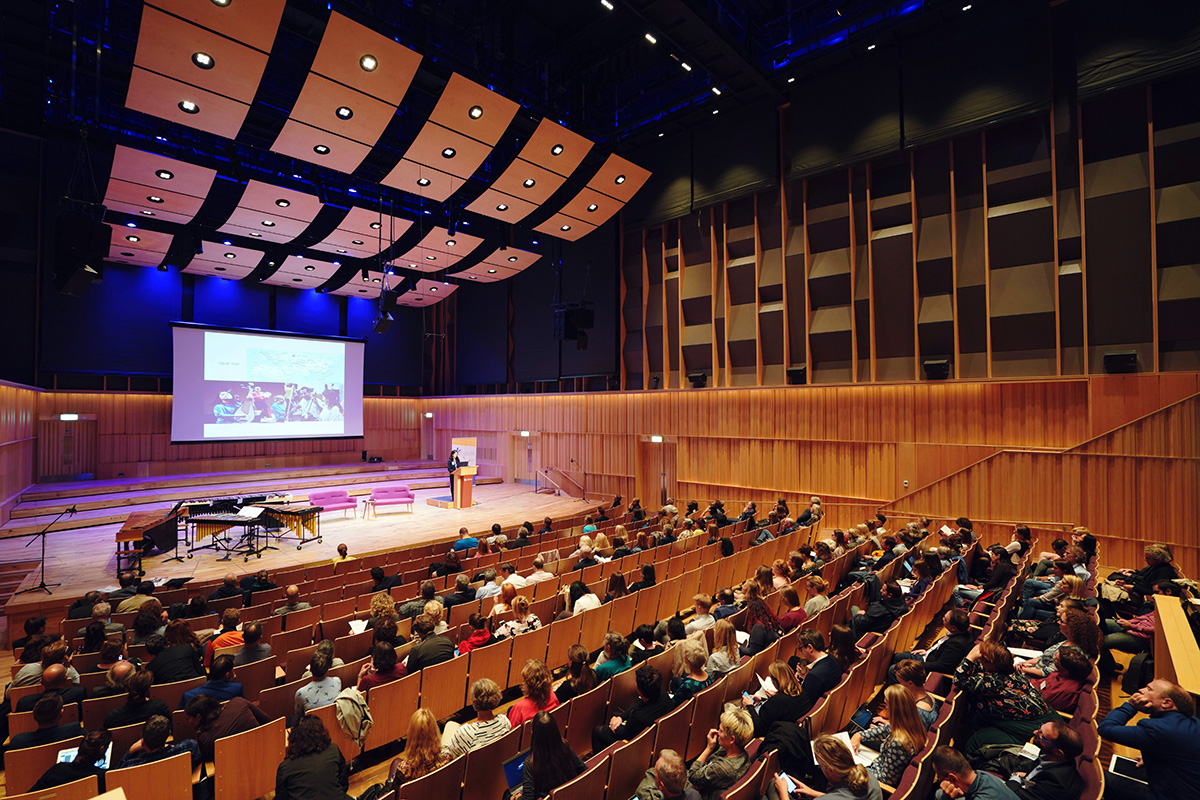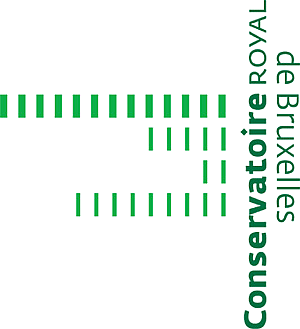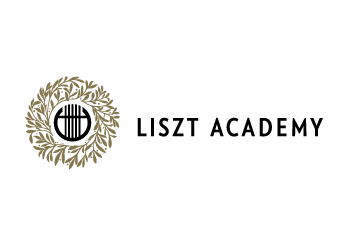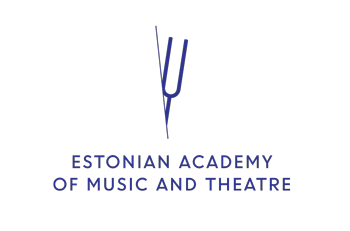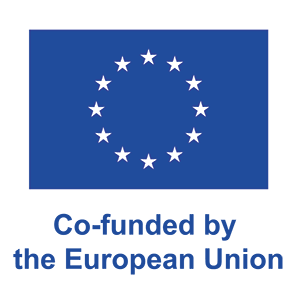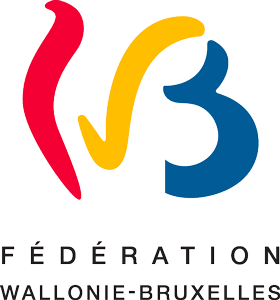HarMA+
Euroopa muusikakõrgkoolide õpetamispraktikate ja pedagoogiliste uuenduste maastik muusikateooria valdkonnas
HarMA + on Euroopa Komisjoni programmi Erasmus + rahastatud strateegiline partnerlus (KA203), mis tegeleb muusikakõrgkoolide (HMEI) vahelise praktika ja metoodika ülekantavuse küsimusega, keskendudes eelkõige muusikateooria kursustele.
ID Project : 20PS0002
HarMA + eesmärgid:
HarMA + projekti ajendiks oli vajadus arendada koostöövahendeid, jagada teadmisi ja edastada infot pedagoogiliste uuenduste kohta muusikateooria kui väga spetsiifilise valdkonna õpetamisel muusikakõrgkoolides kogu Euroopas.
HarMA + intellektuaalsed väljundid:
IO 1 – Online-harmoonia ja muusikaanalüüsi vahetusplatvormi väljatöötamine;
IO 2 – Muusikateooria-alase bibliograafia koostamine, mis hõlmaks kõikides Euroopa Liidu riikides välja antud olulisemaid publikatsioone ja mis oleks ajas dünaamiliselt uuenev;
IO 3 – Uute metoodikate ja tavade kataloogi väljatöötamine;
IO 4 – Mitmekeelse muusikateooria terminoloogia sõnaraamatu väljatöötamine.
HMEI muusikateooria osakondade kogukonnale (institutsioonid, õpetajad, üliõpilased ja spetsialistid) suunatud projekt taotleb järgmisi eesmärke:
- Koguda, analüüsida, jagada, võrrelda ja edastada muusikateooria kursuste pedagoogilisi tavasid muusikakõrgkoolide vahel Euroopas;
- Luua muusikateooria erialade õpetajatele jagatud koosoleku- ja mõttevahetuskeskkond, et julgustada suhtlemist erinevate traditsioonide vahel ja ühiste tööriistade väljatöötamist;
- Luua muusikateooria tundide jaoks viiteplatvorm;
- Säilitada ja arendada muusikateooria kursuste olulist rolli erinevate osalevate kõrgkoolide õppekavades;
- Säilitada, arendada, kaasajastada, ajakohastada ja reklaamida muusikateooria kursusi ja nende õppekavasid;
- Töötada välja muusikavaldkonna teooriakursuste õpetajate võrgustik;
- Edendada ja tugevdada sidemeid kõrgharidusasutuste, teadlaste ja muusikateooria valdkonnas tegutsevate muusikute vahel Euroopas;
- Soodustada ja tugevdada muusikakõrgkoolide rahvusvahelistumist;
- Tutvustada HarMA + projekti Euroopa muusikakõrgkoolide katuseorganisatsiooni AEC regulaarsetel iga-aastastel üritustel;
- Luua muusikateooria kogukonnale vaba ligipääsuga platvorm, kus projekti tulemusi jagatakse.
Projekti eesmärk on avaldada laialdast mõju peamiselt riiklikul ja Euroopa – rahvusvahelisel tasandil, andes Euroopa kõrgkoolidele, mis pakuvad muusikateooria kursusi internetis, vahendeid, mis aitavad muusikateooria kogukonnal (üliõpilastel ja õppejõududel) leida ressursse, uusi metoodikaid ja kursuste sisu, et tugevdada õppejõudude ja üliõpilaste oskusi.
Projekti tulemused on digitaalsel kujul tasuta kättesaadavad ja integreeritud digitaalsesse platvormi IO 1, et tagada nende nähtavus ja laialdane kasutamine muusikateooria kursusi korraldavate asutuste poolt.
Oleme eriti uhked oma 5 projektipartneri ja IT-meeskonna üle, ilma kelleta me ei oleks suutnud seda Euroopa KA203 projekti ellu viia !
